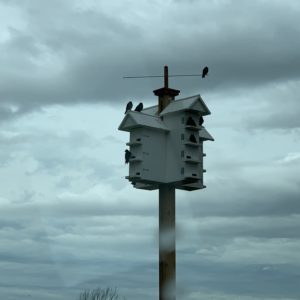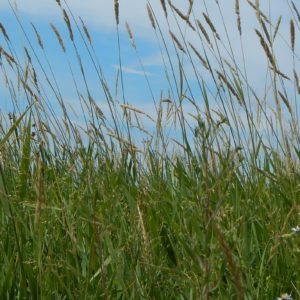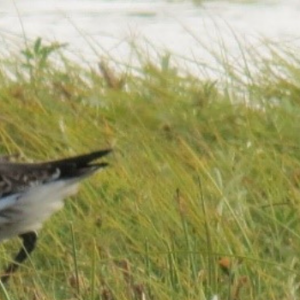NEB Fails to Assess Impacts of Tanker Spills on Birds
Nature Canada is deeply disappointed by the failure of the National Energy Board (NEB) to assess the adverse effects of spills resulting from Trans Mountain oil tankers on marine bird species at risk and to recommend measures to avoid or mitigate those effects as required under s. 79(2) of the federal Species at Risk Act (SARA). The NEB released the Trans Mountain Project Reconsideration Report recommending approval of the Trans Mountain Project on February 22, 2019 following a reconsideration process that was triggered by a decision of the Federal Court of Appeal.
In Nature Canada’s view, the NEB also failed to assess the adverse effects of routine tanker operations (i.e., vessel collisions and sensory disturbance). While the NEB determined that that the project is not likely to cause significant adverse environmental effects, the SARA requirement is triggered regardless whether the adverse effects are significant. The NEB report states that the NEB considered the project’s impacts on various SARA-listed marine birds, although the nature of those impacts are not identified.
This is particularly troubling given the expert evidence provided by Anne Harfenist on behalf of Nature Canada and BC Nature. In her written evidence, Harfenist noted that “recent studies show that marine bird population declines in the area continue”. She also noted changes since the 2015 hearings in the “at risk” status under SARA of six bird species present in the area: Pink-footed Shearwater (endangered); Barn Swallow (threatened); Bank Swallow (threatened); Western Grebe (special concern); and Horned Grebe (special concern). The effects of the project on these newly listed species is required under s.79.(2) but was not done.
The NEB report recommends that the federal Cabinet implement a marine bird monitoring and protection program. While more baseline information and analysis of tanker impacts on birds through such a program is no doubt useful in the longer-term, such a program cannot replace efforts to assess adverse effects as part of the determination as to whether the TMX project should be approved.



